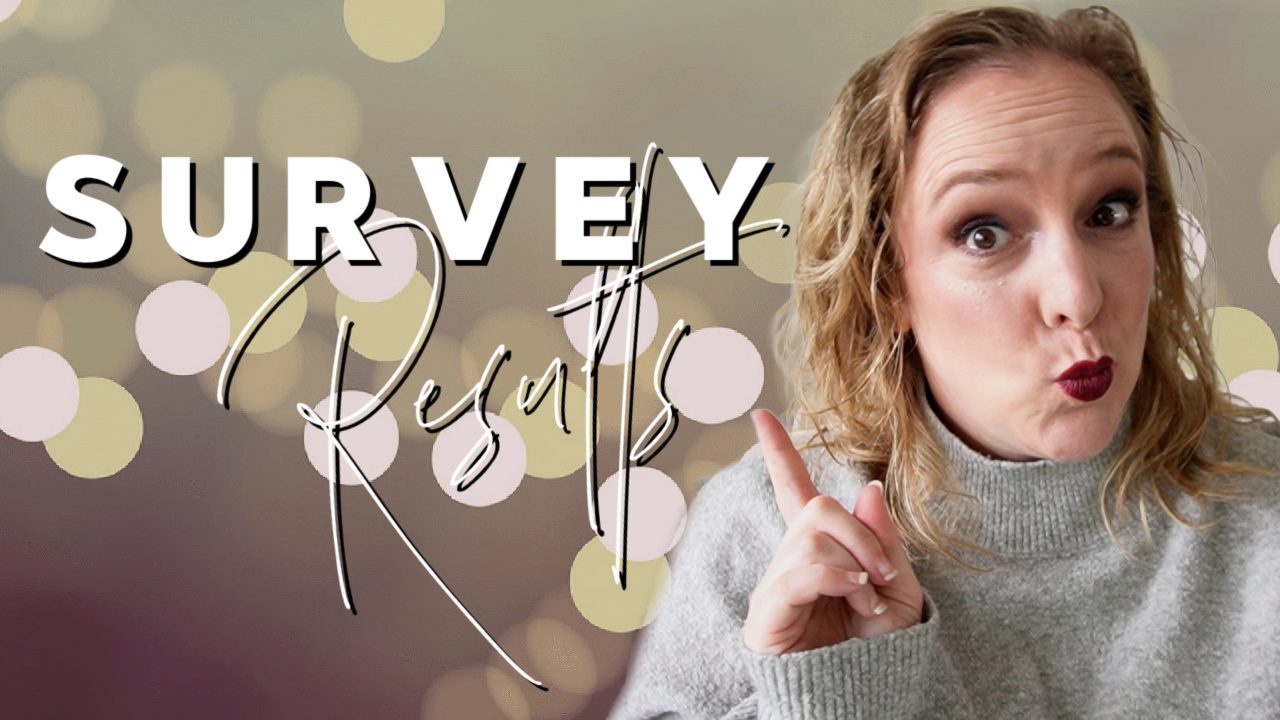By now you know that I spent 4 days in Berlin at a conference. The conference is the largest sociolinguistic conference in the world with all of the main people from the field attending. It was my first time presenting at a conference and it was an amazing experience to be there not as someone helping out and being part of the organization but to actually be attending. I thought I’d share my experience and tell you something more about what my paper is about as well.
The symposium lasted 4 days, starting on Tuesday and ending on Friday. All I can say is that it was extremely tiring. You are listening intently to all these speakers all day and then during breaks there’s even more people and more listening. By Wednesday afternoon I was absolutely beat and I decided to leave earlier that day. My talk was on Thursday morning, right before lunch break. I was glad about that, as it gave me time to see how things are done at a conference and I even had time to tweak and alter my presentation the night before.
I think I can look back with satisfaction on the talk I delivered. I was hella nervous, as it was kind of a big deal for me. It was a good thing I only found out later that some of the big names in the field had attended my talk. I got some very positive reactions to my paper as well as some great suggestions for improvement. The paper is still a work in process and still needs a lot of tweaking, although the main idea is already there.
In this post I will also try to explain what my paper is about. I don’t tend to talk too much about these things, and I know I’ve been slacking on my language posts. It’s just that I sometimes think I know too much about these things and putting together a coherent blog post with all the info swimming in my head is something I find difficult. I hold 45 minute lectures on these topics, or worse, I write 20 page long papers. To write it down in 1000 words is a challenge but I will give a brief summary nonetheless.
My paper is called: “Emoticons as diacritics of superdiversity”. I guess most people reading this will know what emoticons are (if, not they’re smileys). Diacritics is a term which come from phonology (pronunciation of words) describing the small things that can make one ‘b’ sound different from another one through context and position. Superdiversity points at what Vertovec has called “the diversification of diversity”. Pretty much what he said is that due to a change in immigration flows and the rise of ever expanding digital means of communication, it has become harder and harder to categorize immigrant groups as groups, but rather calls for a more individual approach. The concept has been extended to language and identity theory, which is how it ended up on my radar.
What I basically did for my research (besides read a pile of paper the size of the complete Oxford English dictionary) is investigate posts by Chinese-Dutch youngsters on Hyves (a Dutch social media platform comparable to Facebook). In these posts they use emoticons and our question was to see if these emoticons can give away some sort of clue as to how diverse the group is and whether they define or ascribe identity to themselves by using these emoticons. Our conclusion is basically that they are very aware of their identity and how it is constructed and that emoticons are the small things (diacritics if you wish) that constitute some individual differences amongst the group.
It calls for a mixture of knowledge on identity, communication, language, culture, social media, digital communication, discourse analysis and even some social theory. What we did with all that is start with the data and see what we needed to know as we went along and piece the puzzle together. As I have indicated already, it is nowhere near being done just yet, but we’re well on our way with it.
Seeing that I am very much interested in social media and the workings thereof, and more specifically the role played by language on these platforms, this falls right into my line of interest. I know I’d like to write about this topic in the future and my thesis will certainly go in a similar direction. Nothing is set in stone yet and I will meet my supervisor later this month. So we’ll see what happens.
What do you find difficult topics to blog about?







Leave a Reply to AWildDogCancel reply